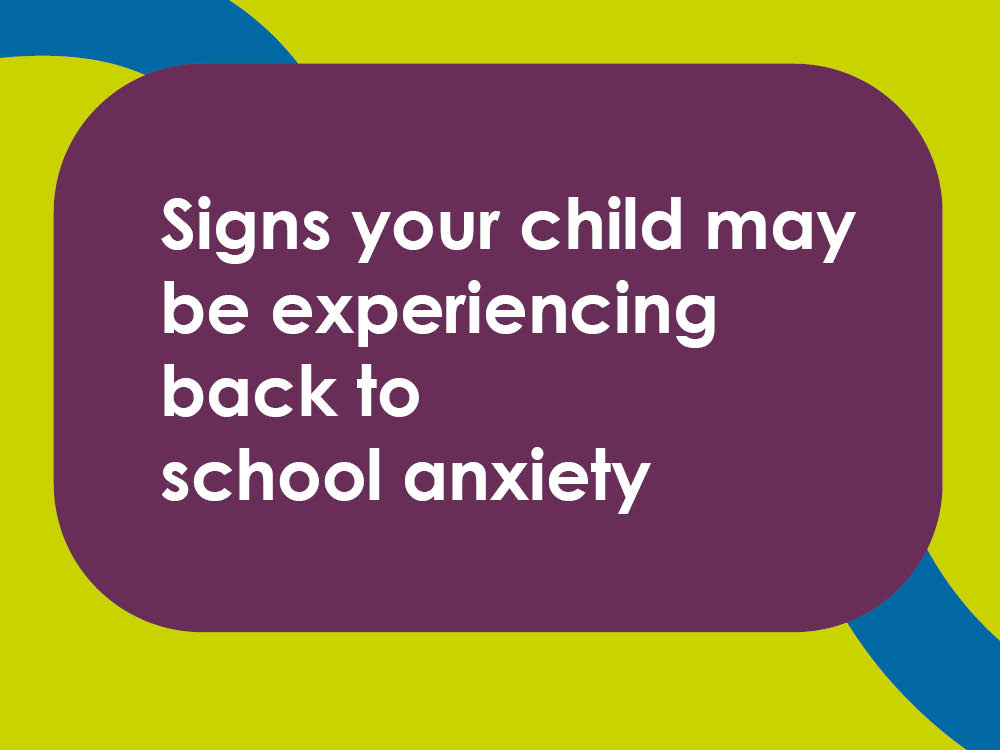
Children and teenagers don’t always say “I feel anxious.” Instead anxiety can show up behaviourally, physically, and emotionally. Being able to spot these signs early can help you support your child before worries become overwhelming.
Here are some common signs to look out for:
-
Physical complaints
- Frequent headaches or stomach aches, especially on school days
- Nausea, dizziness, or changes in appetite
- Trouble sleeping, nightmares, or difficulty getting out of bed in the morning
-
Behavioural changes
- Increased irritability, mood swings, or tearfulness
- Withdrawal from family, friends, or activities they usually enjoy
- Clinginess or reluctance to be apart from parents or carers
- Avoiding getting ready or “forgetting” things for school
-
School avoidance or refusal
- Repeated requests or excuses to stay home
- Emotional outbursts before school (e.g. panic, anger, distress)
- A sudden drop in attendance, engagement, or academic performance
-
Negative thinking or self-talk
- Expressing fears about failure, not being liked, or being unable to cope
- Perfectionism or excessive worry about homework and tests
- Statements like, “I can’t do this,” “Everyone will laugh at me,” or “I don’t want to go.”
-
Regression in Younger Children
- Bedwetting, tantrums, or other behaviours they had previously grown out of
- Needing reassurance more often or becoming more dependent
If these signs persist for more than a couple of weeks, it could be a signal that extra support is needed. Trust your instincts: if something doesn’t feel right, it’s always okay to seek support.